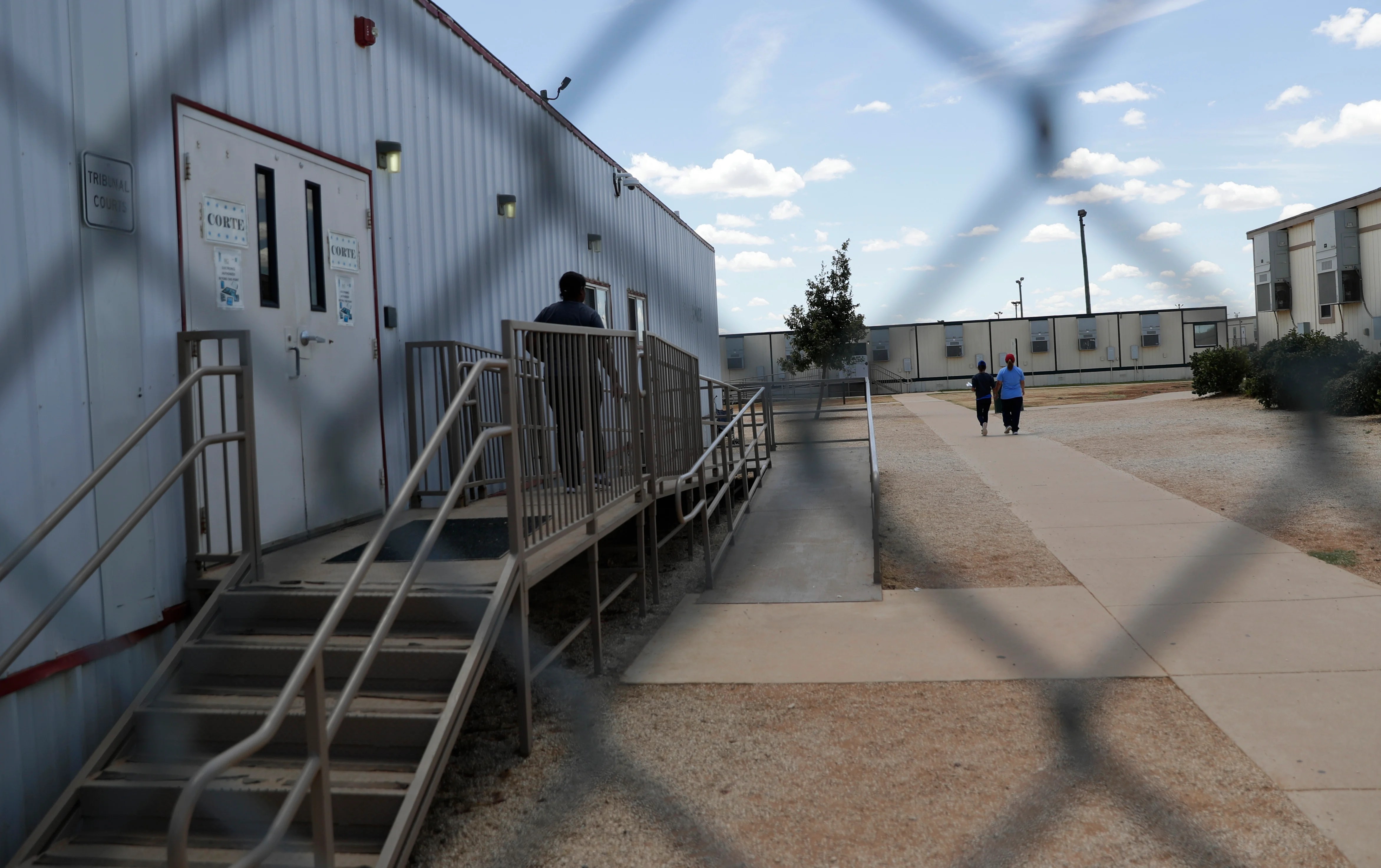
Fresh concerns have emerged regarding the conditions within a Texas detention facility housing immigrant families, according to new revelations from a legal challenge.
These details stem from a lawsuit where the government is seeking to terminate existing protections for children.
Families held at the Dilley, Texas facility, reopened in March, have detailed persistently cloudy water, delayed medical attention, and children enduring long periods of detention. Allegations of children fighting adults for clean water, distraught children, and a protracted medical response first surfaced during the summer, as the federal government sought to end a policy protecting immigrant children.
U.S. District Judge Dolly Gee in Los Angeles, who presides over the case, heard arguments from the government, which wants to end the Flores Settlement agreement. The policy limits how long Customs and Border Protection can hold immigrant children and requires safe and sanitary conditions.
After Gee told the government last month to provide detention times, Immigration and Customs Enforcement reported that the number of children in custody over 72 hours decreased from an average of six days to five days in June and July, respectively. The “vast majority” spent less than 72 hours in CBP custody, the report stated.
Attorneys representing the children reviewed the report and said some children are still being held for several weeks or months and often without justification.
About 65 families spoke to attorneys since Dilley opened.
“A huge percentage of families at Dilley are being apprehended from across the country as they dutifully appear for their immigration court hearings and ICE check-ins,” Leecia Welch, the deputy legal director at Children’s Rights who spoke with families, told The Associated Press in a statement.
The tap water is cloudy, smells strange and upsets stomachs, the families told their attorneys. The hand soap the facility provides for showers has been causing rashes, the families said. Children also struggle eating the food, like the snacks of graham crackers, apples, juice and milk.
Detainees are allowed to buy staples like bottled water for $1.21 from the commissary.
“I have never heard until now of children having to buy water,” said Welch, who has been visiting children in custody of CBP and the Office of Refugee Resettlement for eight years.
Families face costs as high as $5.73 for deodorant, $1.44 for soap, and $2.39 for toothpaste, Welch said in court documents. A single dose of Tylenol costs $1.30, she said.
A child with a stomachache waited six hours for a nurse and wasn’t taken to a hospital with appendicitis until he vomited, court documents said. Another child fell on his arm and it wasn’t until two hours later that the staff drove him to a hospital for an X-ray.
Parents said there are no organized activities for the children and only an hour of instruction from workbooks.
A woman’s son told her that he “doesn’t believe in God anymore because he prays to him but we still haven’t been able to get out of here,” according to her declaration, provided by Welch.
Some families are being released only to be detained again, Welch said. One family released after about 60 days in federal detention was asked to check in with ICE only to be detained at their appointment.




